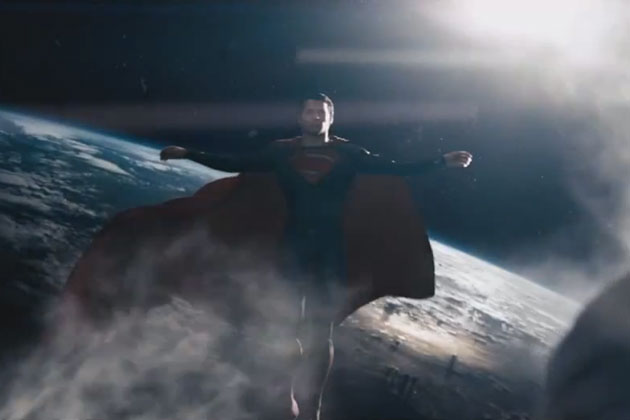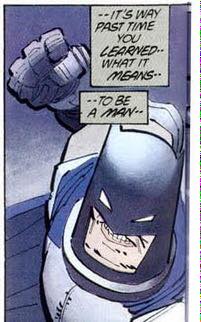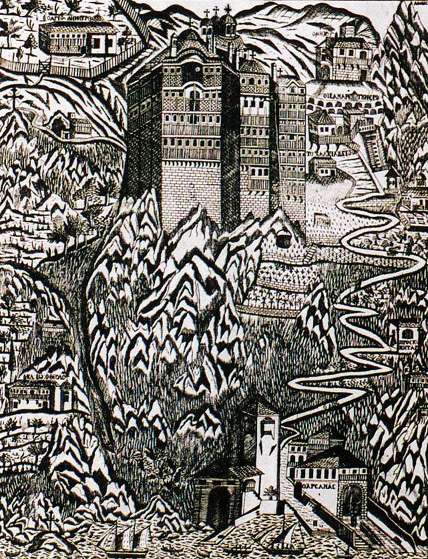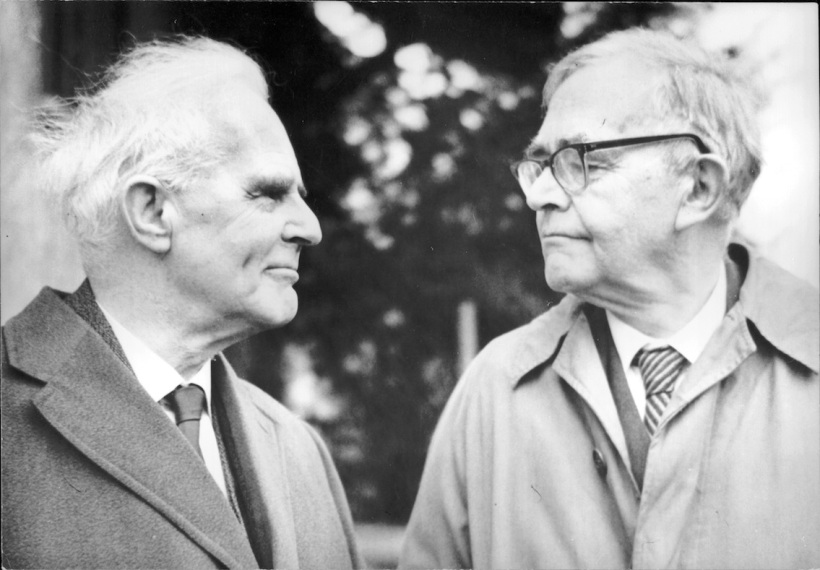“God is not an object of desire; he is the end that makes desire.”
-David Bentley Hart
Batman V Superman is, by my estimation, one of the most divisive films I’ve ever seen. The critics overwhelmingly hate it, a good majority of the fans love it. I am one who really enjoyed the film, albeit not without some major critiques of narrative, structure and the over all plot trajectory. This movie had so much potential, but it at once had too much going on within it, and at the same time didn’t have enough to satisfy.
My goal in here is stated within the title of the post: a philosophical and theological look into Batman V Superman; Dawn of Justice.
I want to mainly explore the two main heroes in the film: Batman and Superman.
A Secular Superman
What I find so interesting about this film is how utterly modern it is, especially when it comes to the debate of what constitutes ‘the good’. Holly Hunter’s character Senator Finch has a line that sums up the message Snyder and company are seeking to convey when they speak of the ‘good’ in our modern context: “The good is not a unilateral decision…the good is a conversation.” She makes reference to what the good is in a democratic society, but I think this applies much more broadly to our current modern, ‘secular age’. (in a Charles Taylor fashion)
Taylor in his monumental work ‘A Secular Age‘ seeks to understand how within 500 years our society has gone from atheism being somewhat of an impossible position to take, to atheism being basically the default position. Jamie Smith sums up Taylor’s take on our secular age:
“Ours is a “secular” age, according to Taylor, not because of any index of religious participation (or lack thereof), but because of these sorts of manifestations of contested meaning. It’s as if the cathedrals are still standing, but their footings have been eroded.” (Smith, p.12)
Our age is “haunted”, and we cannot escape the call and knocking of the transcendent. This is evident in the way Snyder and company has approached the Superman character, they employ the comparison of Kal El and Jesus Christ. In Man of Steel it is beyond obvious this is the case.

Snyder has spoken at length about Superman’s mythology being linked to Christ. This incarnation, so to speak, of Superman represents the very thing Taylor is showing about our current age. We are haunted by transcendence, even though we have attempted to throw off all things pre-modern. There are problems attempting to link “God” and Superman together, since theologically speaking:
“God so understood is not something posed over against the universe, in addition to it, nor is he the universe itself. He is not a “being,” at least not in the way that a tree, a shoemaker, or a god is a being; he is not one more object in the inventory of things that are, or any sort of discrete object at all. Rather, all things that exist receive their being continuously from him, who is the infinite wellspring of all that is, in whom (to use the language of the Christian scriptures) all things live and move and have their being.” (Hart, p. 30)
Superman, on the other hand, is not anything like God. Maybe some demi-god fashioned in our own image, but surely not the God of the theistic traditions.This is the issue of Lex proclaiming “God vs. man”. It becomes all too illuminating. It speaks to the modernist tradition (enlightenment period) of our attempt to overthrow God and conquer the universe by objective rationality and show that we are autonomous and have no need for “fairy tales” and hokey religion (in the words of Han Solo) to fill in the gaps when we do not understand something in reality. Not to mention the remark of “If God is all loving, He cannot be all powerful, and if He is all powerful he cannot be all loving” speaks to the new atheist (Dawkins, Dennett, Harris) monumental ignorance when it comes to understanding how the metaphysical categories of God are understood in the theistic tradition. We won’t delve into that now, but one thing to be said is that to put anthropomorphic categories onto God is a failure to grasp the fundamental nature of God. His distinctness from the created order. He is not constrained to our finite capabilities, and is not bound one way or another by finite human categories.
Superman in Man of Steel and Batman v Superman speaks to our modern secular age being haunted by transcendence. Our secular age is one of the contestability of every belief, not by the amount of religious participation (or lack thereof). What is even more striking is the conflict Superman still feels now, even though he has been doing it for about 2 years. This conflict speaks to the heart of our modern age: an attempt to deposit meaning within the thing itself, rather than the object as a pointer towards the meaning outside of itself. We desire justice and truth, but we have abandon the very thing in which these things have their ground (God). Superman wants to do what is right and good, but what is right and good is not merely ontological truth’s to which we are aimed, but as the Senator would say they are a “conversation”. They are decided by the consent of the governed. Hence Superman has no real identity outside of what others say he is. This is conflicted as well, and this is where I think Snyder has really failed to give the character of Superman justice (no pun intended). Superman does what is good not because of what others decide is good, but because good is an end in itself.
What interests me about this movie, and others in this age of comic book movies, is how much our culture is represented by these characters. In the next post we will take a philosophical look into the other main character in Dawn of Justice: Batman.
References:
Hart, David Bentley (2013-09-24). The Experience of God. Yale University Press.
Smith, James K. A. (2014-05-01). How (Not) to Be Secular: Reading Charles Taylor. Wm. B. Eerdmans Publishing Co.












